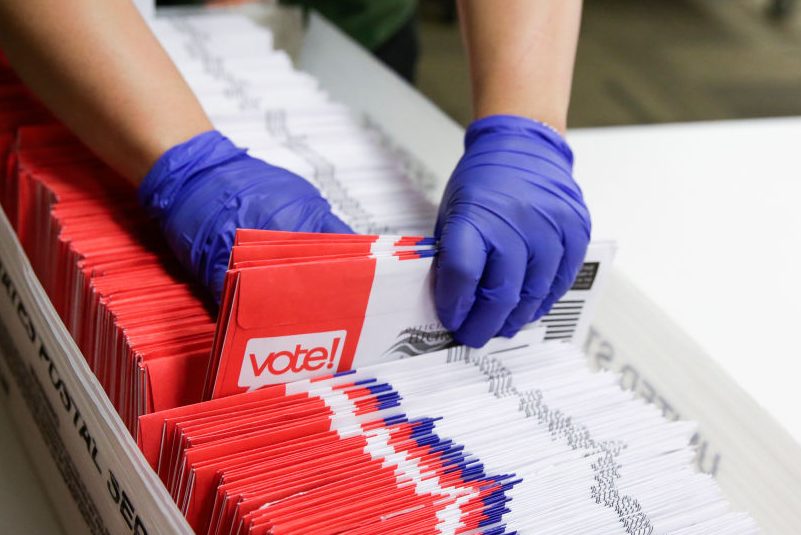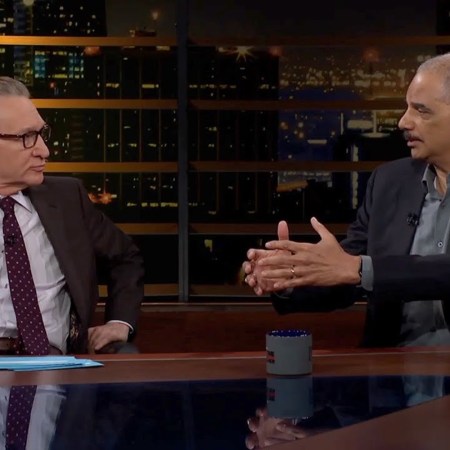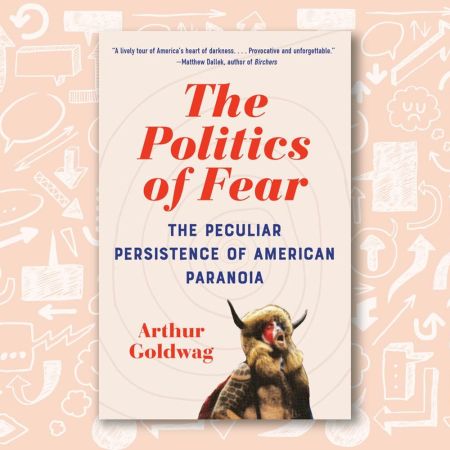With the COVID-19 pandemic still a major health concern, despite many states attempting to get back to business as usual, there’s a strong chance that November’s election could be disrupted if, for no other reason, many poll workers and volunteers will not feel safe reporting to their stations.
In order to help ensure the election goes off as planned, many politicians, particularly Democrats, are pushing for more states to accommodate voting by mail (also known as absentee voting).
President Trump has rallied against those efforts by calling vote-by-mail “corrupt” and urging members of his party to fight back against efforts to expand it because there is a belief amongst Republicans that absentee voting favors Democrats.
But, according to numerous studies, that belief is baseless.
During the 2016 election, about the same number of Republicans and Democrats voted by mail, according to MIT political-science professor Charles Stewart III.
Evidence has shown that while voting by mail does actually lead to more votes being cast, neither party gets a disproportionate amount of extra votes.
An author of a study on the topic, political-science professor at Stanford University Andrew Hall, found that the increase in turnout — about two percent — is “remarkably neutral.”
What are the effects of vote-by-mail on partisan outcomes and participation? Our new paper is available now (@danmthomp @jesselyoder @imjenwu): https://t.co/cPZI2HZios pic.twitter.com/fKyzTykTYG
— Andy Hall (@andrewbhall) April 14, 2020
“Voting by mail is more convenient for some voters but more difficult for others, and these conflicting factors appear to cancel each other out, dampening any partisan advantage,” according to FiveThirtyEight. “Moreover, the vast majority of nonvoters don’t participate not because it’s too inconvenient to vote, but because voting isn’t a habit for them.”
Subscribe here for our free daily newsletter.
Thanks for reading InsideHook. Sign up for our daily newsletter and be in the know.


















